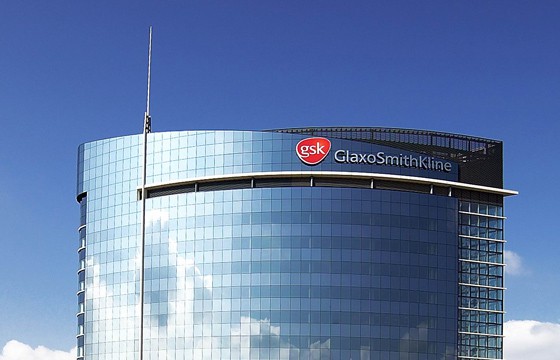
GlaxoSmithKline has opted to take its rheumatoid arthritis (RA) candidate otilimab into phase 3, despite mixed phase 2 results.
Otilimab (GSK3196165) – an antibody targeting the cytokine granulocyte macrophage colony-stimulating factor (GM-CSF) – will be tested in patients with moderate-to-severe RA who have failed other drugs to treat the disease. GM-CSF causes to the activation and proliferation of immune cells, and is thought to play a role in inflammation.
RA is highly competitive, and GSK is making a bold play in the phase 3 contRAst programme by pitting otilimab against two established drugs, namely Sanofi/Regeneron’s anti-interleukin-6 antibody Kevzara (sarilumab) and Pfizer’s JAK inhibitor Xeljanz (tofacitinib), to try to differentiate its drug.
It has taken the decision to push otilimab into phase 3 on the strength of the mid-stage BAROQUE trial, which was reported at the American College of Rheumatology (ACR) congress last year.
In the study otilimab showed a significant 40.5% improvement on the ACR 20 scale – a 20% improvement in symptoms – compared to placebo.
However, it missed the primary endpoint of achieving a DAS28(CRP) score of less than 2.6 (remission) at 24 weeks, falling short of the efficacy shown by other emerging drugs such as new JAK inhibitor from AbbVie (upadacitinib) and Gilead (filgotinib).
Nevertheless, GSK maintains that there is plenty of room in the RA market for new therapies, given that even the most effective of current drugs only achieve around a 50% disease improvement in less than half of patients.
Even combination treatment with multiple targeted drugs only achieves remission in around a third of people with RA, it points out.
The company also thinks that otilimab has a key characteristic that could distinguish it from a competitive field, namely its impact on RA pain, as well as convenient once-weekly dosing and a rapid onset of action.
GSK acquired the rights to otilimab from MorphoSys in a €445m deal agreed in 2013, and the German biotech stands to a receive a €22m milestone payment with the start of phase 3.
The decision to advance otilimab into late-stage testing comes after a shake-up of GSK’s R&D under CEO Emma Walmsley two years ago, which came with an acknowledgement that the company’s late-stage pipeline was looking a little thin.
Since then, GSK has appointed heavy hitter Hal Barron as its R&D chief, fleshed out its pipeline with the acquisition of Tesaro, renewed a push into oncology, and cut 30% of its R&D programmes in order to focus only on those with the greatest commercial potential.




